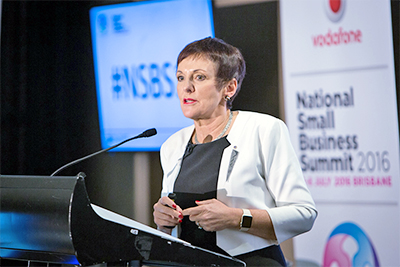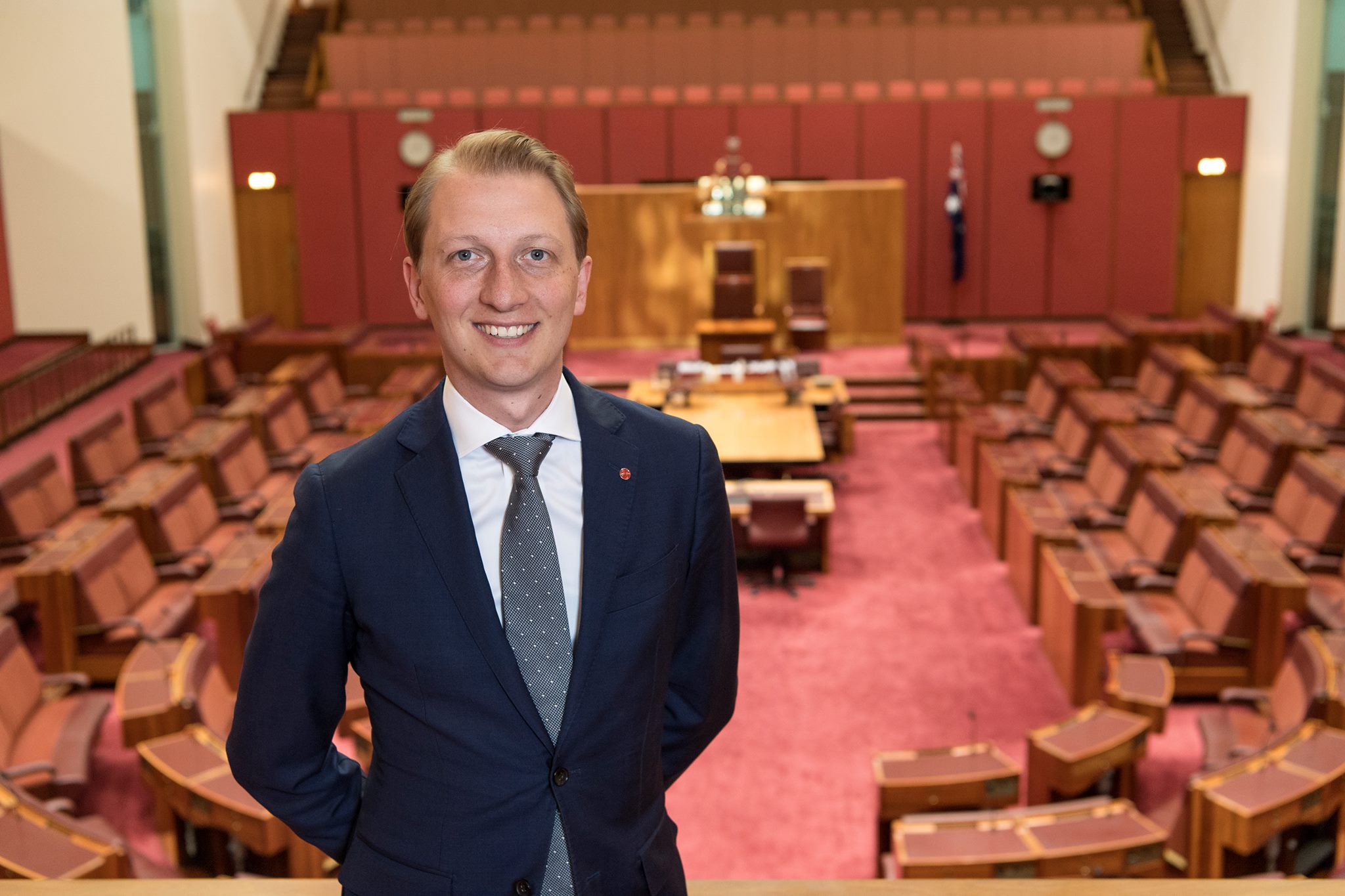Law Council urges caution on changes to fundamental principles of criminal responsibility for all corporations
THE LAW COUNCIL of Australia has welcomed the Federal Government's tabling of the Australian Law Reform Commission's (ALRC) review of the nation's corporate criminal responsibility regime, but is urging the Parliament to take a cautious approach when considering fundamental principles of criminal law.
Contained in the ALRC review are recommendations that would make a corporate accused guilty if any officer, employee, or agent of the corporation committed an offence, while acting within the actual or apparent scope of their authority. The Law Council said under the recommendations, the person need not hold office as a director or a ‘high managerial agent’, whose responsibilities may be fairly assumed to represent the body corporate’s policy, as is presently required. 
Unless the corporation could prove that it took reasonable precautions to prevent the individual officer from committing the crime, it would be guilty.
Law Council of Australia president Pauline Wright said policymakers should approach this recommendation with caution.
"Criminal convictions carry serious consequences, both for bodies corporate and the people who work within them," Ms Wright said.
"The ALRC’s recommendations in this area are not consistent with the general criminal law principles applicable to the most serious offences, including that an intention to commit the crime must be proven. The Law Council urges caution in fundamental changes to general principles of criminal responsibility governing corporate attribution.
"If these recommendations were accepted by Parliament it could lead to corporations attracting criminal convictions for the misdeeds of relatively junior employees, which could have severe, unintended, and unnecessary consequences for many innocent parties.
"It is important to note these recommended amendments would not only touch the large corporations at the top end of town. They may place a disproportionate burden on small businesses and charities, many of which operate as corporations," Ms Wright said.
"A guiding principle of the Australian Criminal Code was that corporations should be treated no more or less favourably than natural persons, and that principles of corporate criminal responsibility should be as close as possible to the general principles that underpin the criminal law as it applies to natural persons. The Law Council continues to support that principle."
ends

 How to resolve AdBlock issue?
How to resolve AdBlock issue? 



